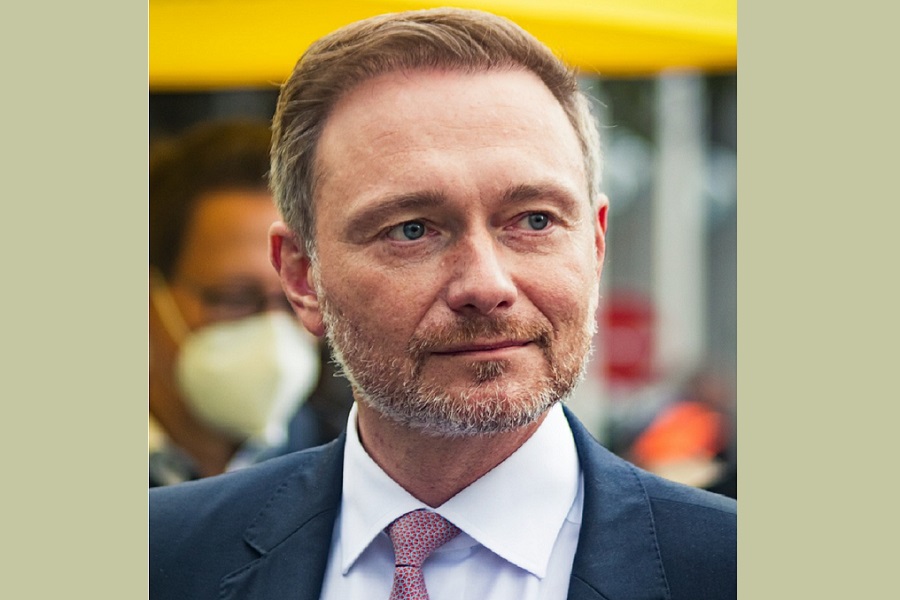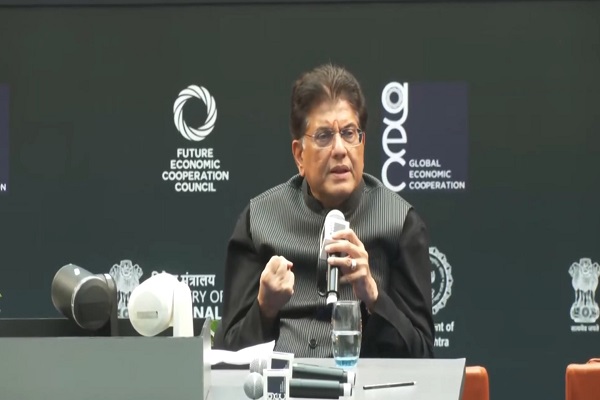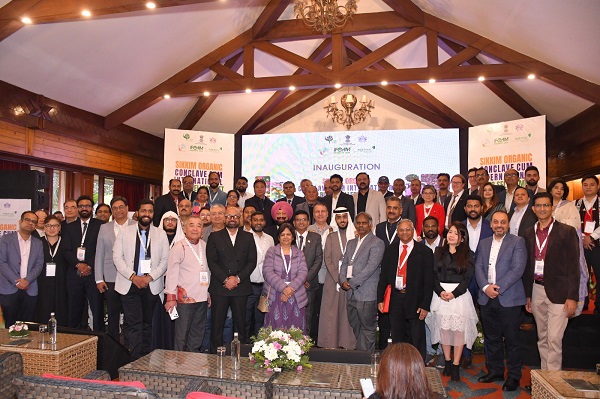Inside the Lives of Foreign Politicians: Power, Pressure, and Private Moments

Foreign politicians often appear in the spotlight as composed, articulate, and highly influential figures. But beyond the press conferences and diplomatic handshakes lies a lifestyle that is both complex and intensely scrutinized. This article delves into the daily lives, personal sacrifices, and high-stakes routines of global political leaders—from the early morning briefings to the late-night strategy sessions. Discover how culture, duty, and public image shape the private world of presidents, prime ministers, and parliamentarians abroad. We also explore how they balance (or fail to balance) their personal lives, families, and health amidst unrelenting responsibilities and constant public attention.
Article:
Inside the Lives of Foreign Politicians: Power, Pressure, and Private Moments
The lifestyle of a foreign politician is often envied for its glamour and influence, but few understand the demands and discipline that come with it. Whether it's a chancellor in Europe, a prime minister in Asia, or a president in South America, the life behind the political curtain is one of intense commitment and public scrutiny.
1. The Daily Routine
Most high-ranking politicians begin their days early, often before dawn. Security briefings, media reviews, and team strategy meetings dominate their mornings. Their schedules are tightly packed, sometimes planned down to the minute by chiefs of staff. A typical day could include bilateral meetings, policy announcements, press conferences, and international calls.
2. Constant Travel
Foreign politicians are global figures. Many spend a significant portion of their time in transit, flying between countries for summits, negotiations, or state visits. These trips are not glamorous vacations but tightly coordinated diplomatic missions that demand peak focus, cultural sensitivity, and stamina.
3. Family and Personal Life
Balancing family with political life is an enormous challenge. Some leaders relocate their families to official residences for proximity, while others see their loved ones only on weekends or through video calls. Children of politicians often grow up in the media’s eye, which can take a toll on their personal development.
4. Image Management
Public image is critical. Foreign politicians work closely with advisors and media consultants to maintain a positive, relatable persona. Everything from wardrobe to body language is carefully curated. A misstep can go viral in minutes and damage years of diplomatic credibility.
5. Stress and Health
Mental and physical health often take a backseat. The pressures of international decision-making, geopolitical crises, and media attention lead to chronic stress. Some leaders have spoken openly about burnout, while others push through health issues silently.
6. Cultural and Diplomatic Adaptation
Global politicians must constantly adapt to different cultures, protocols, and political norms. A simple gesture or misused word can have diplomatic consequences. That’s why most foreign politicians undergo rigorous training in cultural awareness and negotiation skills.
7. Ethics and Scandals
Living under a microscope means that personal mistakes can become national controversies. From financial transparency to personal relationships, everything is scrutinized. While some maintain clean records, others fall from grace due to corruption, scandals, or misjudgments.
Conclusion:
The lifestyle of a foreign politician is far more than power and privilege—it’s a high-pressure existence marked by sacrifice, strategic thinking, and relentless public exposure. Understanding their world provides not just a glimpse into global leadership, but also a deeper appreciation of the human cost behind public service.
























